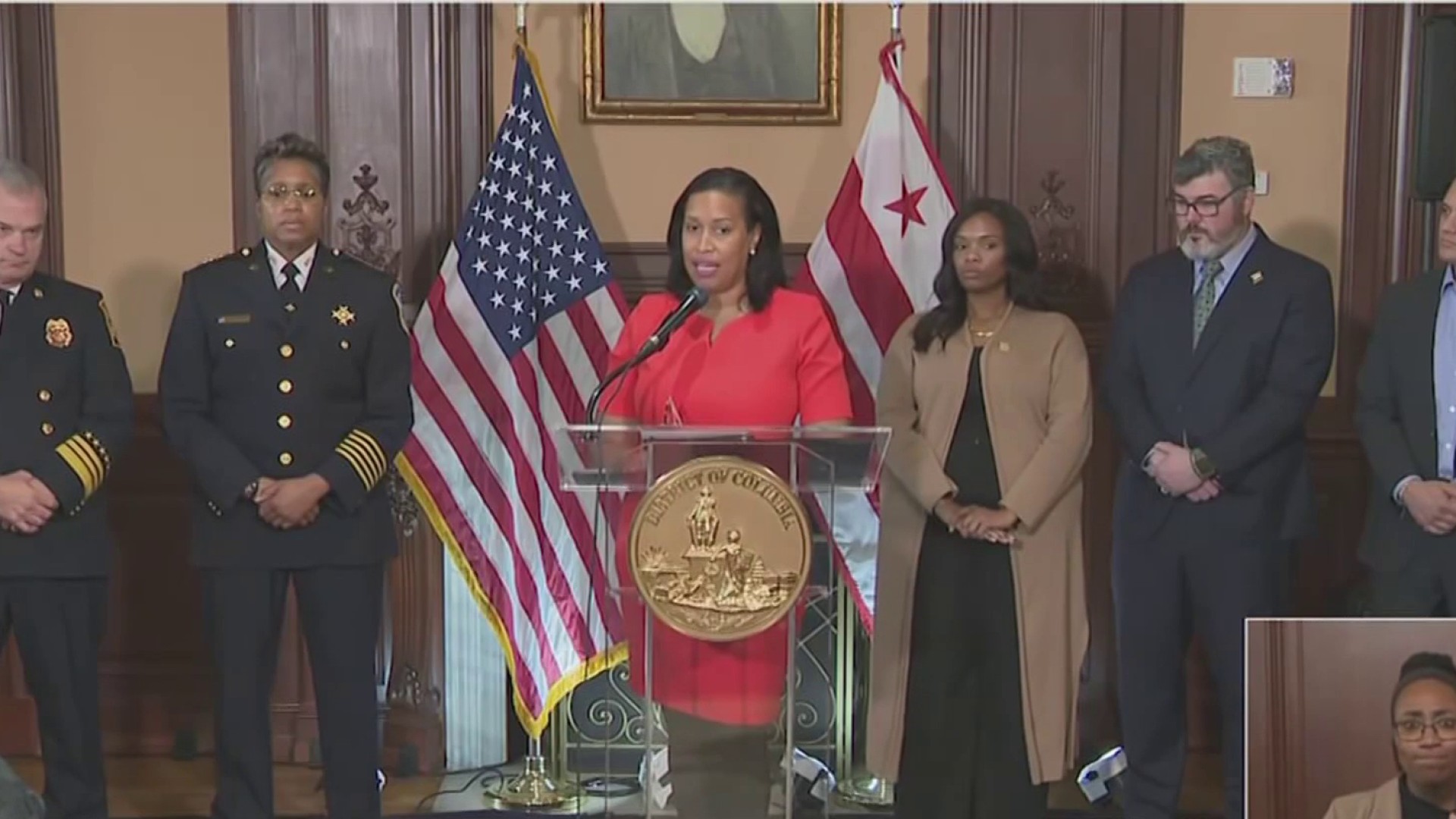
Fairfax County, Virginia, is seeing a spike in whooping cough days before students are set to go back to school.
Pertussis illness, known as whooping cough, is caused by a bacteria that spreads from person to person through the air, the Fairfax County Health Department said. Whooping cough spreads more easily when people spend a lot of time together or share breathing space.
What are the symptoms of whooping cough?
At first, the illness can seem like a common cold, with symptoms including a runny or stuffed-up nose, low fever and mild cough, health officials said.
Those symptoms can last one to two weeks before some people who catch whooping cough develop coughing fits, which can last weeks to months, the health department said.
During these coughing fits, people might:
- make a high-pitched “whoop” sound when they breathe in after a coughing fit
- vomit during or after coughing fits
- feel tired after the fit, but seem well in-between fits
- have trouble sleeping at night
- struggle to breathe
- fracture a rib from coughing too hard
Babies might not cough at all, but instead gasp for air or have pauses in breathing, or apnea, which is life-threatening. Apnea can cause the baby to turn blue, and about one in three babies younger than a year old who get whooping cough need care in the hospital, officials said.
Local
Washington, D.C., Maryland and Virginia local news, events and information
People with weakened immune systems or with moderate or severe asthma are also at a higher risk of getting very sick from whooping cough.
How can I keep myself and my family from getting whooping cough?
The health department said the best way to avoid whooping cough is to get vaccinated.
Two types of vaccines protect against it: DTaP and Tdap. They also protect against diphtheria and tetanus.
Here's what health officials recommend:
- Children should get five doses of DTaP, including at least one dose on or after their 4th birthday.
- Preteens 11 to 12 years old should get a booster dose of Tdap before they start 7th grade.
- Adults should get a booster dose of Tdap every 10 years and during every pregnancy.



